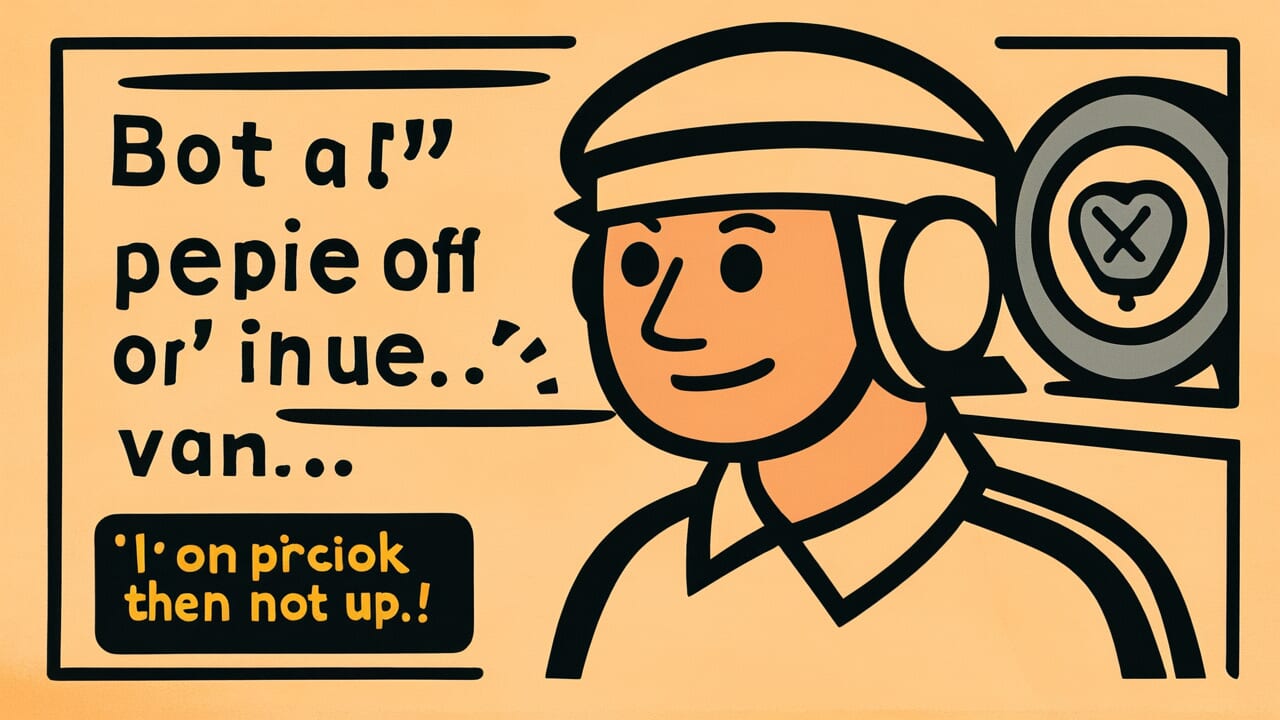How to Read “Patience is virtue”
Patience is virtue
[PAY-shuns iz VUR-choo]
Meaning of “Patience is virtue”
Simply put, this proverb means that being able to wait calmly without getting upset is a valuable character trait.
The basic meaning focuses on self-control during difficult times. Patience means staying calm when things take longer than expected. It also means not getting angry when facing problems or delays. The deeper message is that this ability makes you a better person.
We use this wisdom in many everyday situations today. When stuck in traffic, patient people stay relaxed instead of honking angrily. At work, patient employees handle difficult customers better than those who lose their temper. In relationships, patience helps people work through disagreements without saying hurtful things.
What’s interesting about this wisdom is how it connects to inner strength. People often realize that patience isn’t about being weak or passive. Instead, it takes real mental power to stay calm under pressure. Patient people often achieve more because they make better decisions when stressed.
Origin and Etymology
The exact origin of this specific phrase is unknown, though similar ideas appear throughout ancient writings. Early forms focused on patience as a moral strength worth developing. The concept appears in various religious and philosophical traditions across different cultures.
During medieval times, patience was considered one of the key virtues people should practice. Religious teachers often emphasized waiting calmly as a sign of spiritual maturity. This type of saying mattered because life was unpredictable and often harsh back then.
The saying spread through oral tradition and written moral teachings. Over centuries, it became shorter and more direct in everyday speech. The modern version we know today emerged as people simplified the longer moral lessons into quick, memorable phrases.
Interesting Facts
The word “patience” comes from Latin “patientia,” which originally meant “suffering” or “enduring.” This shows how the concept was always connected to handling difficult situations. The word “virtue” comes from Latin “virtus,” meaning “strength” or “excellence of character.” Together, these words suggest that calm enduring is actually a form of personal strength.
Usage Examples
- Mother to child: “I know you want your birthday to come faster, but good things take time – patience is virtue.”
- Mentor to student: “The job interview results will come when they’re ready – patience is virtue.”
Universal Wisdom
This proverb reveals a fundamental truth about human survival and success. Throughout history, those who could wait and endure often outlasted those who acted impulsively. Our ancestors discovered that rushing into action during uncertainty frequently led to worse outcomes than careful waiting.
The deeper psychological truth involves how our brains handle stress and decision-making. When we feel pressured or frustrated, our thinking becomes narrow and reactive. Patient people have learned to recognize this mental state and resist its pull. They understand that better solutions often emerge when we give situations time to develop naturally.
This wisdom also addresses a core tension in human nature between immediate desires and long-term benefits. Every person feels the urge to have what they want right now. Yet experience teaches us that the best things in life usually require waiting, working, and enduring setbacks. Patience becomes the bridge between wanting something and actually achieving it in a sustainable way.
When AI Hears This
Patient people create invisible wealth that others cannot see. They trade today’s small pleasures for tomorrow’s big rewards. This brain trading happens automatically once someone learns the skill. Most humans never realize they’re making these mental trades every day. The patient ones accumulate advantages that seem like magic to everyone else.
This creates a hidden divide between two types of people. Some humans get trapped chasing immediate good feelings all the time. Others learn to ignore those urges and wait for better outcomes. The waiters end up with better jobs, relationships, and health over time. Society rewards patience so heavily that it becomes almost unfair to those who cannot wait.
What fascinates me is how this works against basic human wiring. Your brains scream for instant rewards every single moment of every day. Yet some humans override these screaming signals and choose to wait anyway. They essentially become masters of their own minds through pure willpower. This self-control creates a compound effect that builds incredible life advantages over decades.
Lessons for Today
Living with this wisdom starts with recognizing that impatience is a natural human response, not a character flaw. When you feel frustrated by delays or obstacles, that’s your mind trying to solve problems quickly. The key is learning to pause and ask whether immediate action will actually help or just create more problems.
In relationships, patience transforms how conflicts unfold. Instead of responding immediately to criticism or disagreement, patient people take time to understand what’s really being said. This approach often reveals solutions that weren’t visible during the heat of the moment. It also prevents the kind of harsh words that damage relationships permanently.
For groups and communities, patience allows better collective decision-making. When facing complex challenges, patient leaders resist the pressure to announce quick fixes that might backfire later. They create space for different perspectives to emerge and for creative solutions to develop naturally. This approach takes longer initially but often prevents costly mistakes and builds stronger consensus for whatever action is eventually taken.



Comments